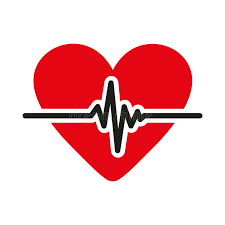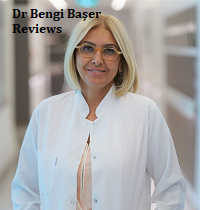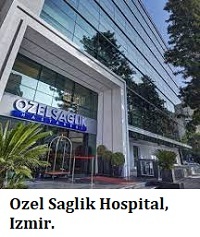
Angiography in Turkey
The Universal Healthcare system of Turkey covers 90% of the population to get the best health care with the latest technologies. You will get a short waiting time in Turkey. People from all over the world continue to get various medical procedures, including Angiography. Know more details about Angiography costs in Turkey and angiography surgery cost. Turkey is a rapidly growing number of patients from different locations of the world because of the best Angiography surgeons and Angiography hospitals.
Angiography also refers to arteriography. It is a medical imaging test method helpful to know how blood vessels work in the body. This test uses X-rays for imaging which is called angiograms. This test helps to analyse thin, blocked, abnormal, or distended veins or arteries in different body parts like the heart, brain, abdomen, and legs.
Who needs Angiography?
A person with symptoms of abnormal blood vessels, damaged vessels, or blocked vessels needs Angiography. This test helps your physician determine the source of the problem and the increased damage in blood vessels.
With an angiogram test, your doctor diagnoses and plans treatment for conditions, such as:
- Aneurysm
- Blood clots
- Peripheral artery disease
- Atherosclerosis
- Coronary artery disease
Difference Between Angiography and Angioplasty
Angiography
As mentioned above, Angiography is a procedure to know the blood vessel’s blockages. Therefore, the image taken from the angiogram machine is called Angiography.
This method provides information about blood vessel blockages in the heart, brain, lungs, and kidneys.
Angioplasty
Some people develop coronary artery ailments and narrow blood vessels because of plaque in blood vessels. Plaque is a sticky substance formed by cholesterol, calcium, and other minerals. This plaque causes to blocks blood vessels that supply low blood to the heart. Therefore, removing plaque from blood vessels is called angioplasty.
Contact us for treatment in turkey, surgery in turkey, istanbul surgery.










